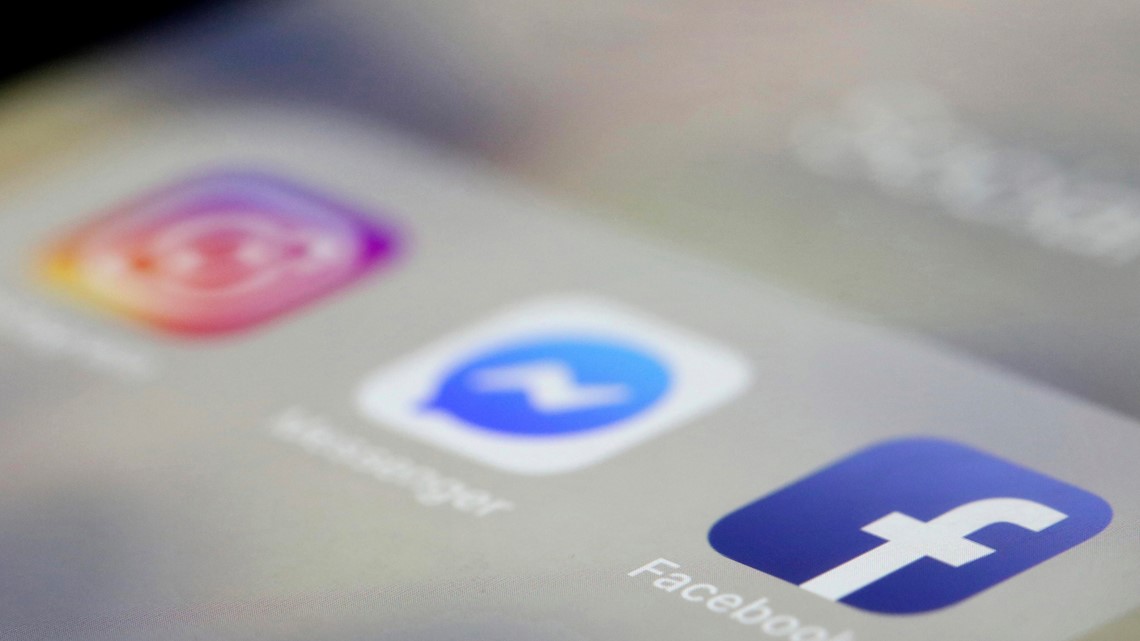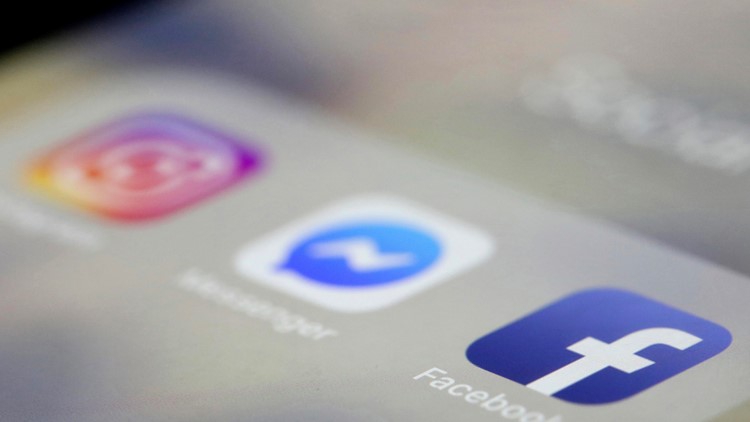Facebook is planning to pay some users to deactivate their Facebook and Instagram accounts as part of a study ahead of the 2020 election.
Some users recently received a survey asking them how much they'd "need to be paid in exchange for deactivating your Instagram account," according to a screenshot shared by Washington Post reporter Elizabeth Dwoskin.
According to the screenshots, the company plans to ask some people to deactivate their accounts for either one or six weeks, starting in late September.
"Anyone who chooses to opt in – whether it’s completing surveys or deactivating FB or IG for a period of time – will be compensated," Facebook spokesperson Liz Bourgeois tweeted in response to Dwoskin's screenshots. "This is fairly standard for this type of academic research."
Dwoskin's tweet showed that those who participate would be compensated per week, up to $120 total.
The research is part of a recently announced initiative at Facebook looking at the 2020 presidential election.
Facebook said the new initiative will "examine the impact of how people interact with our products, including content shared in News Feed and across Instagram, and the role of features like content ranking systems."
The company said they are working with 17 independent researchers with background in either elections, democracy and social media from various universities around the country.
Between 200,000 to 400,000 U.S. adults are expected to participate in the study, according to an FAQ section from Facebook's initiative announcement. Although the website does not state how many participating in the study will be asked to log off social media.
Facebook said it plans to release it's initial papers on the study in mid-2021.
The news comes as the company announced last week that it will restrict new political ads in the week before the election and remove posts that convey misinformation about COVID-19 and voting.
It will also attach links to official results to posts from candidates and campaigns declaring a premature victory. Facebook and other social media companies are being scrutinized over how they handle misinformation, given problems with candidates like President Donald Trump posting false information and Russia's interference in the 2016 White House elections.
The Associated Press contributed to this report.




